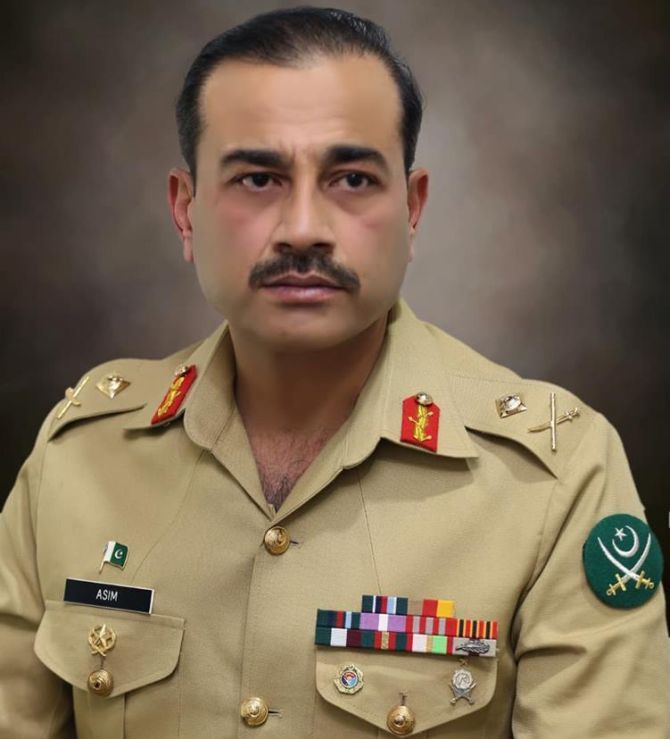New Delhi: The Pulwama terror attack carries the stamp of the newly appointed chief of the ISI, Lt Gen Asim Munir, people familiar with the Pakistan spy agency’s modus operandi said.
Formerly the Northern Areas commander and director-general of military intelligence, Lt Gen Munir is familiar with the terrain of Jammu & Kashmir. Hand-picked by army chief General Qamar Javed Bajwa to head the ISI, he seems to have been looking for an opportunity to prove himself before the superiors, they said.
Pakistan-based terror group Jaish-e-Mohammad has claimed responsibility for the attack. The ISI is known to have planned and carried out operations in Kashmir through the outfit.
The ISI was planning to orchestrate this attack in the first week of February, coinciding with Parliament attack convict Afzal Guru’s death anniversary, people aware of the intelligence gathered on the matter said. But it postponed the strike to prepare better.
“This was a well-planned attack which could have been only carried out by a force through meticulous planning and training. The attack bears the stamp of the newly appointed ISI chief without doubt,” Tilak Devasher, formerly with the cabinet secretariat and author of two books on Pakistan, told ET. “He proved his mettle to his boss through this attack. His familiarity with Kashmir as Northern Areas commander made it convenient for him to plan this attack.”
Ahead of last year’s polls, it had campaigned against Nawaz Sharif, branding him as a traitor to Pakistan and Islam. In many areas of Pakistan’s Punjab province, the outfit threw its weight behind Khan’s Pakistan Tehreek-e-Insaf party. Post polls, its network and finances, including real estate holdings, are allegedly growing.
JeM, or Army of Mohammad, has ties to other Sunni militant groups in Pakistan, such as Lashkar-e-Taiba and Lashkar-e-Jhangvi. It was banned in Pakistan in 2002, but US authorities say it still operates there openly. Both Jaish and LeT were used by the Pak army to defeat Nawaz Sharif’s Muslim League in the polls last year, say observers.
In 2001, the UN Security Council blacklisted the JeM, accusing it of participating in the financing, planning, facilitating, preparing and perpetrating of al Qaeda acts.
Agencies
